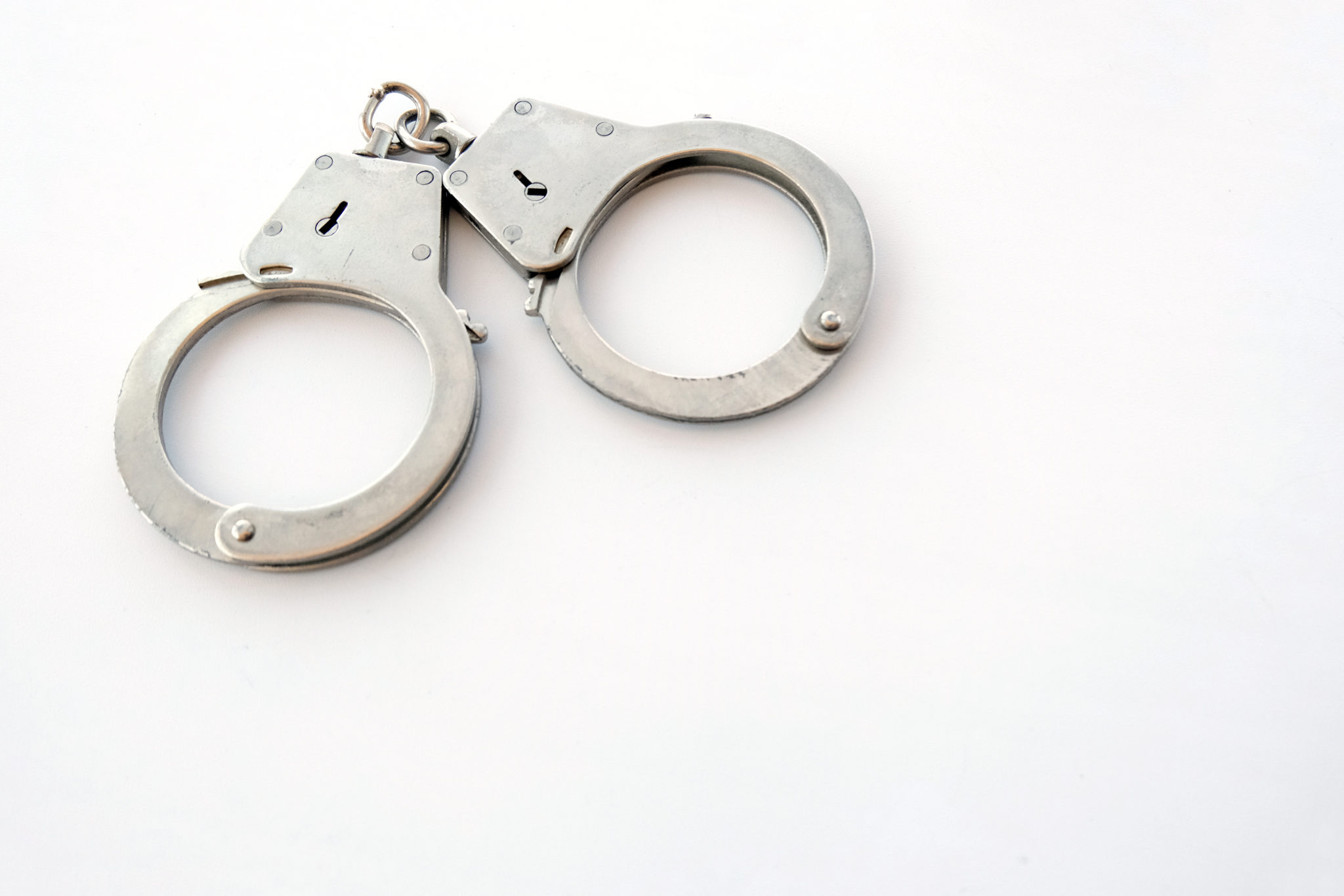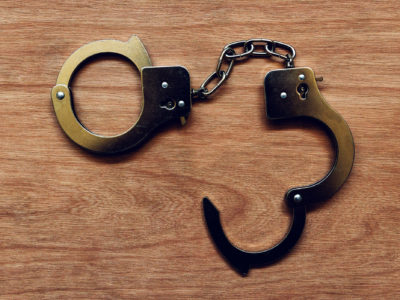
What are the Consequences of Parole Violation?
In Pennsylvania, parole is a conditional release, meaning certain offenders are allowed to serve the remainder of their jail sentence out in the community if they abide by certain conditions. While anyone who has served the minimum of their sentence can get parole, it is considered a privilege and not a right. As a result, if parole conditions are violated at any time, you may face very serious consequences.
What Constitutes a Parole Violation?
There are two types of parole violations: convicted and technical. Convicted violators break their terms by committing a new crime, while a technical violator has violated any term of their parole without committing an additional offense. Examples of technical violations include, but are not limited to:
- Missing a court date
- Failing to report to one’s probation officer
- Drug possession or sales
- Violating travel restrictions imposed by one’s parole officer
- Failing to pay court costs
While the consequences of a convicted violation and a technical violation will differ, any type of parole violation can potentially lead to having to serve out the remainder of your sentence in jail.
I Violated My Probation – Now What?
You may receive a warning from your parole officer—this is the best case scenario. If the parole officer deems the violation too serious for a warning, they may require that you appear in court. In the court hearing, your parole officer will request a consequence, which may include jail time. If you are found guilty of violating your parole, sentencing will occur shortly after the hearing in which the court may decide to extend your probation, require you to serve brief jail time, or revoke your probation privileges all together.
Other consequences include, but are not limited to:
- Additional drug tests
- State-mandated rehabilitation completion
- Stricter curfews and travel/financial restrictions
- Community service
- Court fines and restitutions
These consequences will be affected by the severity of your violation, the frequency of your violations, and as well as various other factors pertaining to your criminal history (whether you’re a “first-time” or “repeat” offender, etc.).
If you’ve violated your parole conditions, having experienced, knowledgeable representation is very important in fighting to minimize your consequences. Your counsel is allowed to aid you throughout all court processes and hearings you may undergo while facing a parole violation. To speak with our parole violation lawyers in Philadelphia and make sure your rights are protected, contact us today.




